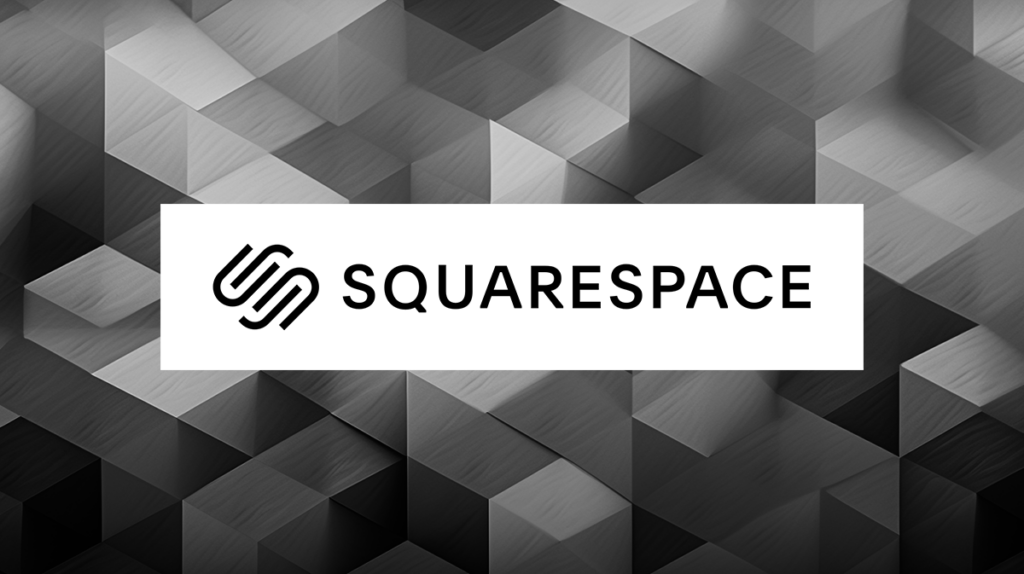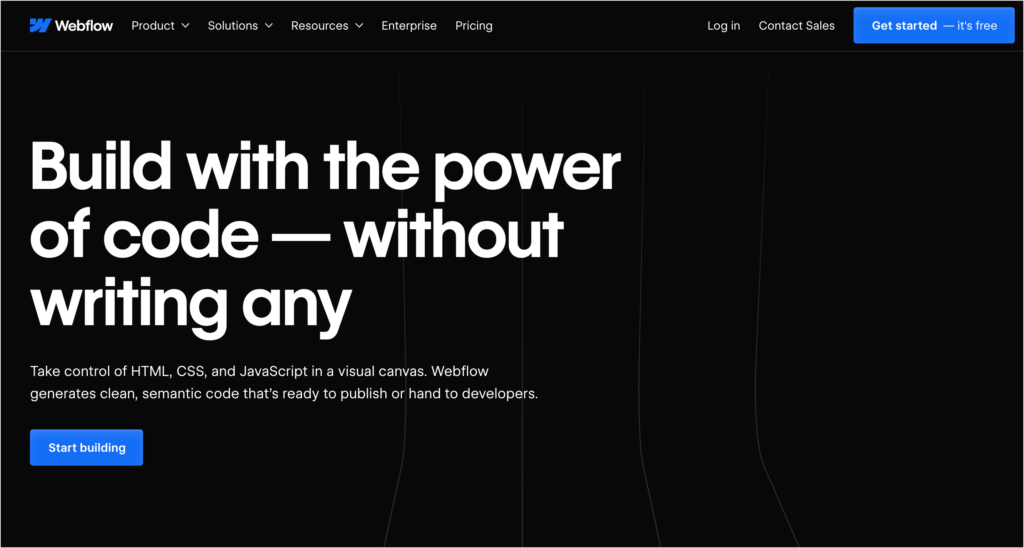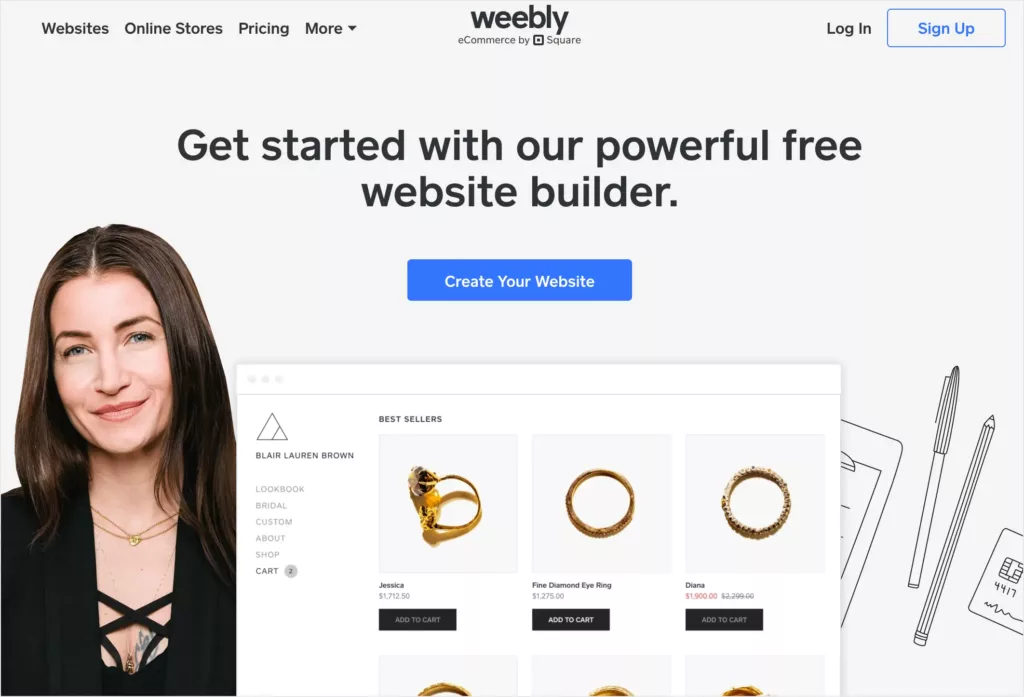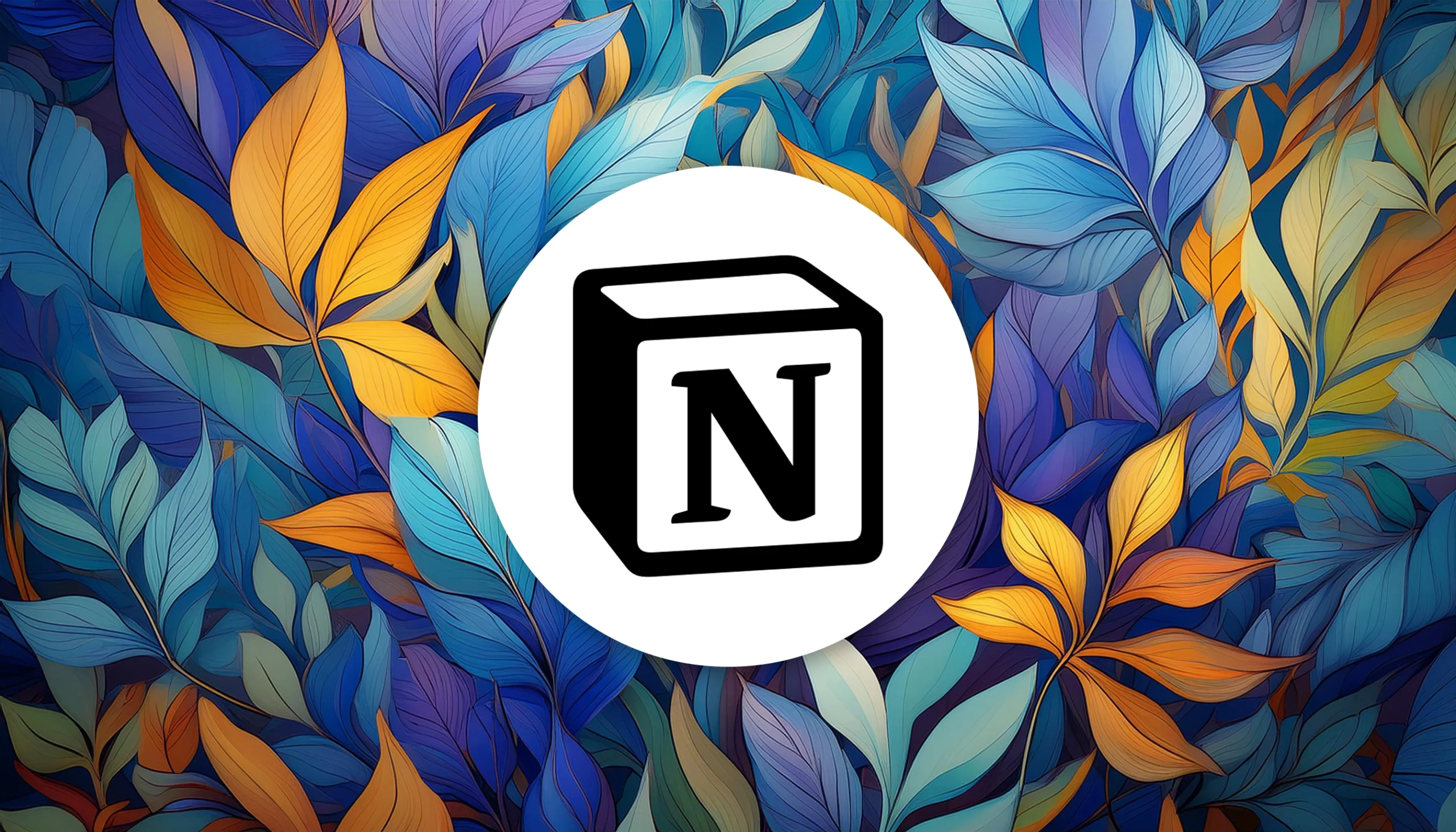Your cart is currently empty!
Having a website is crucial for credibility, outreach, and business growth. Luckily, there are many strong options for website builders that allow you to create a site without coding.
We’ve selected the best website builders out there based on features, ease of use, and popularity. These options ensure a pleasant and powerful experience, paired with plenty of support.
The Best Website Builders
These are some of the strongest choices for anyone looking to build a website. Note that we don’t believe any builder is “the best”, as the right choice will depend on your goals, skills, and resources.
Each of these offers a strong foundation of features, wide-reaching popularity and support, and promising outlooks. Check them out and see what works best for you.
Top Website Builders
WordPress

WordPress is an open-source platform that powers a significant portion of the web. It offers many themes and plugins, allowing for high customization.
- Pricing: WordPress.com offers free plans with the option to upgrade. WordPress.org is free, but hosting and domain costs apply.
- Who it’s best for: Bloggers, small to large businesses, and anyone looking for a highly customizable platform.
The platform’s strength lies in its flexibility. Its extensive library of plugins and themes, along with a strong community, makes it suitable for almost any kind of website.
Squarespace

Squarespace is known for its visually stunning, professionally designed templates. It provides a straightforward interface for creating websites and includes e-commerce capabilities.
- Pricing: $16-$49/month (annual)
- Who it’s best for: Creatives, photographers, bloggers, and small businesses.
Squarespace stands out for its simple, design-centric approach. The platform is ideal for those who prioritize aesthetics and want a website that looks professionally designed without hiring a developer.
Webflow

Webflow combines design and development in one tool. It allows for visual web design with the ability to see and edit the underlying code. It also offers CMS features and e-commerce functionalities.
- Pricing:
- General: $0-$39/month
- E-commerce: $29-$212/month
- Who it’s best for: Designers and developers looking for a more visual way to build custom websites without sacrificing code abilities.
Webflow bridges design and coding, making it a unique contender in the website builder arena. Its flexibility and powerful features appeal to designers who appreciate visual tools and developers who want more control over code.
Wix

Wix is a cloud-based platform offering a drag-and-drop interface, allowing users to create websites without coding. It also provides many templates and customization options.
- Pricing: $0-159/month
- Who it’s best for: Small businesses, personal portfolios, and simple online stores.
With its user-friendly interface, extensive template library, and flexibility, Wix caters to beginners and professionals. Its versatility makes it a popular choice for a variety of website types.
Weebly

Weebly offers a drag-and-drop website builder, along with hosting services. It also provides tools for e-commerce, marketing, and SEO.
- Pricing: $0-$26/month (annual)
- Who it’s best for: Small businesses, personal websites, and online stores.
Its ease of use and robust e-commerce tools make Weebly a go-to for those looking to start an online store without a steep learning curve. Since Square owns it, it’s also a great option for any storefront already using its products.
Shopify

Shopify is a dedicated e-commerce platform that allows users to set up online stores, manage inventory, and process payments. It also offers marketing and SEO tools.
- Pricing: $39-$399/month
- Who it’s best for: E-commerce businesses
Shopify’s e-commerce-first approach, combined with its extensive app ecosystem, makes it a leading choice for businesses focused on online sales.
Key Features for Website Builders
When researching website builders, it’s good to have a few common capabilities in mind. These considerations should help guide and narrow your search:
- Intuitive Interface: Ensure the builder offers a user-friendly design environment, especially if you’re not technically inclined.
- Mobile Optimization: Ensure it supports layouts for not just desktop screens, but also mobile and tablet.
- E-commerce Capabilities: If you’re selling products or services, an integrated shopping cart and payment processing features are essential. Look for add-on capabilities if the core features aren’t there, like WooCommerce for WordPress.
- SEO Tools: Features that support search engine optimization can help boost your site’s visibility on Google by helping you better visualize and manage SEO efforts.
- Integration Options: Many popular options can integrate with other popular tools like Mailchimp or Stripe. See what the platform supports and what kind of friends it likes. ?♀️
- Customer Support: Reliable and accessible support can be invaluable, especially when facing technical issues. Ensure your platform has support levels you’re comfortable with, especially if venturing on your own.
- Custom Domain and Hosting: Many free trial options involve using the platform’s own domain to host the site. Check out the price and feature differences to ensure your expectations are right on what’s free. Always use your own domain once you’ve made your choice on what builder you’re going to use. This helps with SEO, brand perception, too much to list, honestly. ?♂️
- Security Features: SSL certificates, regular backups, and other security tools are vital to protect your site and visitors.
- Analytics and Reporting: Built-in tools to analyze visitor behavior and website performance can provide valuable insights for improvement.
Prioritize which of these are most important for a smoother selection process. It’s OK if a platform doesn’t feature all of these, but any worth considering should have most well-covered. Add in your own priorities for best results.
How to Choose a Website Builder
We’ve broken down this overwhelming task into a simple step-by-step process. Here’s a guide to making an informed decision when looking for the right website builder:
- Define Your Purpose: Clearly identify the primary goal for your website, such as blogging, selling products, showcasing a portfolio, etc. This will narrow your options to a smaller, more specialized set for your needs.
- Set a Budget: Determine how much you’re willing to invest, considering potential future costs. If you’re using a platform like WordPress, consider costs beyond hosting, like plugins and themes.
- Prioritize User Experience: Opt for builders that offer an intuitive interface at your technical comfort level. For example, those inexperienced with web development and design would be better using an option like Squarespace than Webflow.
- Review Template Options: Ensure the builder provides a variety of professional, customizable templates relevant to your needs. Start with what calls to you the most, then build from there. ?♀️
- Check for Essential Features: Based on your website’s purpose, list down must-have features like e-commerce capabilities, SEO tools, or blogging platforms. For example, WordPress has great SEO support with tools like Yoast SEO, but others like Webflow require more manual management.
- Consider Scalability: Think long-term. Will the builder support your growth, especially if you plan to expand or diversify your website’s content? This is super important, as migrating between sites can mean tons of time and traffic loss. ?
- Research Reviews and Testimonials: Get insights from other users to understand the strengths and pitfalls of each platform. Check out YouTube reviews for a feeling of how the interfaces and functionalities work without signing up and trying them yourself.
- Test Drive: Once you find an appealing option, see what it’s like! Most builders offer free trials or free versions. Experiment with a couple of builders to get a feel of their functionalities and ease of use. This is essential for finding your best fit. ?
- Make an Informed Decision: Based on your research and testing, select the builder that aligns most closely with your needs and comfort level. Break out the credit card if needed. ?
Building a great website takes plenty of time and iteration, so have fun with the process and know you can always get better from your solid base.
Bottom Line
Website builders simplify the process of creating a site. Whether for business or personal use, they offer tools to design functional and visually appealing sites without coding expertise. Consider the tips in this guide and explore the most appealing options to get started. ?
Topics






